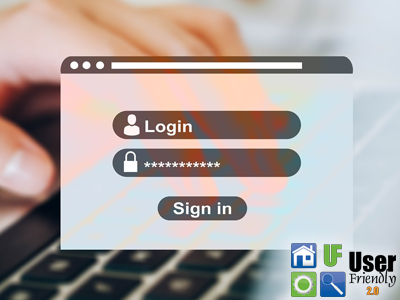By User Friendly 2.0
By: William Sikkens
Host, User Friendly 2.0 Saturday’s at 5:00 p.m.
Passwords are dead.
Ok, dying. Kind of like Flash did for 8 plus years.
Computer technology can change very quickly. From year to year we see exponential improvements of speed, storage capacity, and other functions. This is supported by Moore’s law which states that the observation that the number of transistors in a dense integrated circuit doubles about every two years. In a more basic sense this means that technology’s capabilities double roughly every 2 years.
Then there’s tech that seems to linger on. Since the 1960’s we have had passwords. This technology is old, insecure, and an overall hassle to work with. The average person has around 90 online accounts. Security experts advise having a different password for each of them. Coupled in that your password should be over 8 characters, include a letter and a number and not be based on a common word. This makes having different passwords almost impossible.
There are alternatives to passwords but no real standard for these. This means that some sites will support alternatives but others will not. Some of these include using a device like your phone to log in. Two factor authentication is another method that has been used a lot more lately. Again, there is no standard, and the way this works varies depending on the site.
A new technology, called FIDO (meaning “Fast Identity Online”), looks to change all that. It standardizes the use of hardware devices such as security keys for authentication. Google, Microsoft, PayPal, and others are developing FIDO.
Security keys are digital equivalents of house keys. You plug them in to a USB or Lightning port allowing a single digital security key to work securely with many websites and apps. The key can partner with biometric authentication like Apple’s Face ID or Windows Hello. Some keys can be used wirelessly. FIDO also lets sites and services replace passwords altogether.
The downside to this is that you would have to carry your key. And if you lose or damage your key you would be locked out of your online life. Having a backup key is going to be important to users of this technology. Perhap imperative.
When you first see FIDO technology it will look a lot like two factor authentication. This step and eventually adding the key will help to secure your Internet access. While change is difficult and we are all used to passwords, their ability to protect our online assets has passed. It is necessary to move to a new method. Hopefully FIDO will do that and make it easy at the same time.
William (Bill) Sikkens has been an on-air technology expert since 2014. With an expertise in I.T., cyber security and software design he has had more than 20 years’ experience with advanced technology. Sikkens conceptualizes and designs custom applications for many professional industries from health care to banking and has the ability to explain the details in a way all can understand. Article edited by Gretchen Winkler, who along with Jeremy Winkler are the co-hosts of User Friendly 2.0 here on The Answer Saturday’s at 5:00 p.m.
Links and brand/store information provided are for information only and are not endorsed by Salem Media Group, KPAM or the show’s hosts.
Got a technology question or comment for Bill? Follow him on Twitter @sikkensw


